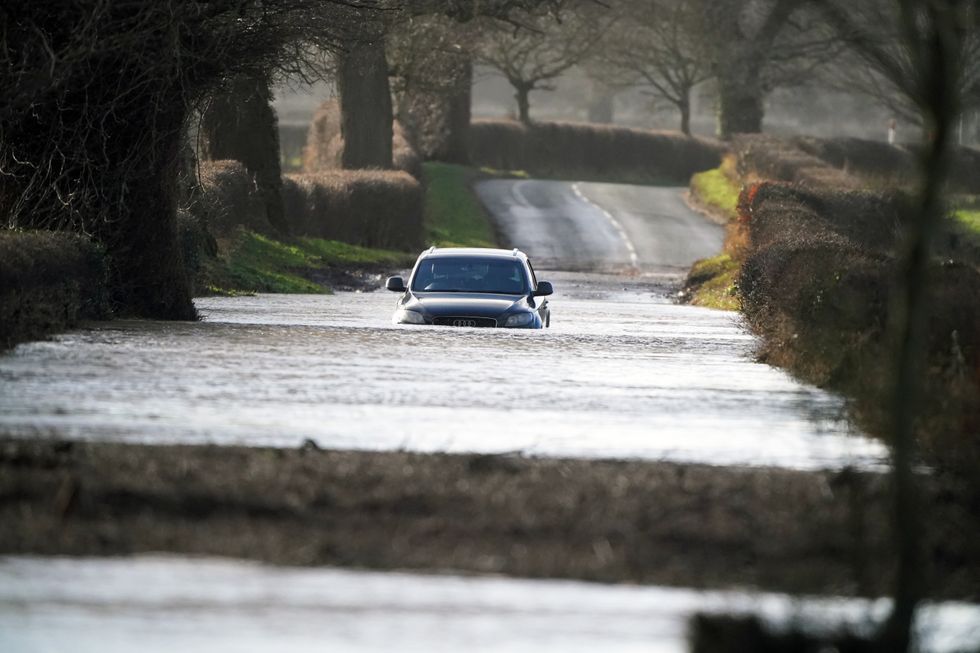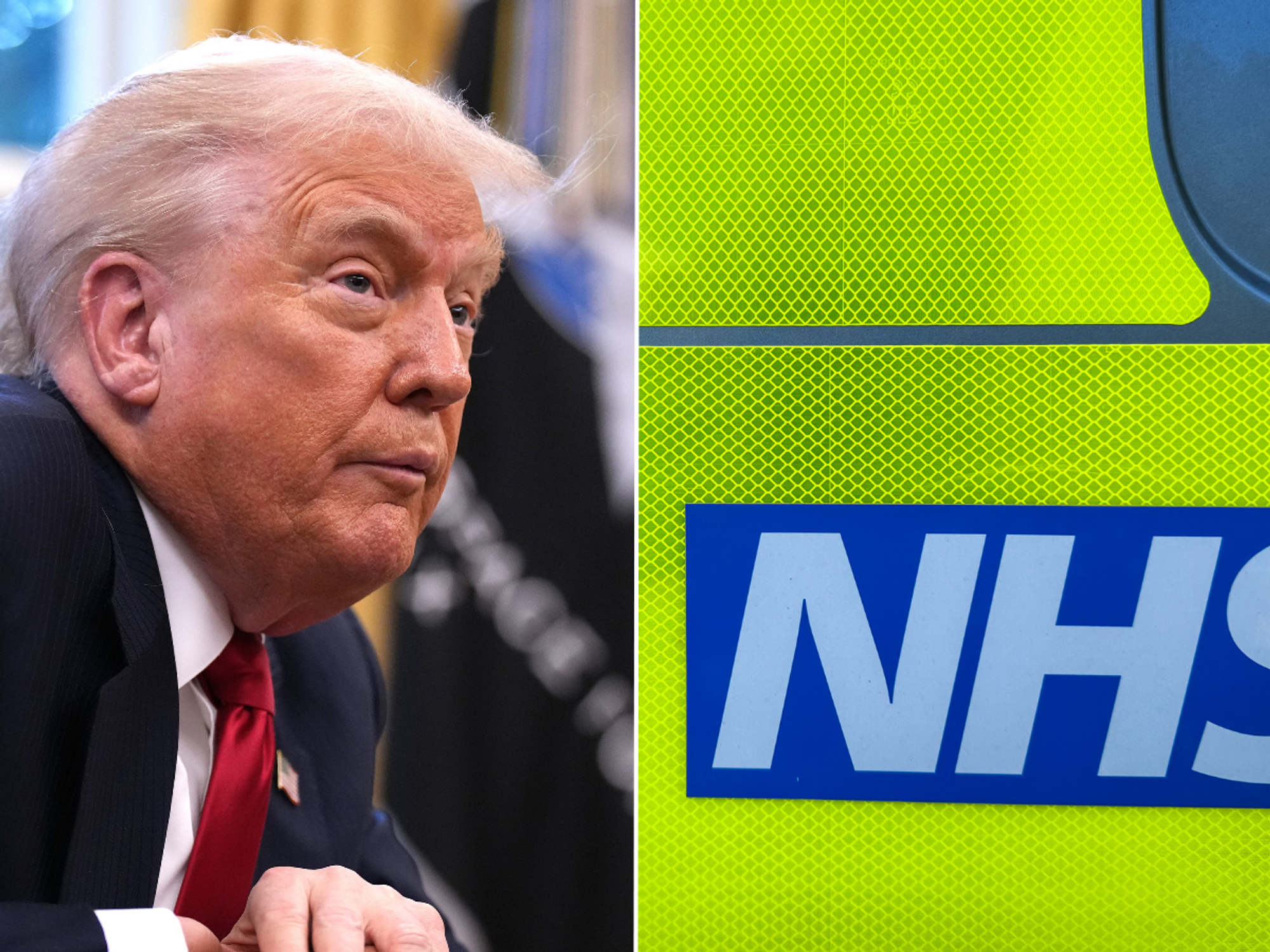Car tax changes would 'deliver cost savings' for drivers and slash expensive motor insurance prices

Both Conservatives and Labour have promised to deal with car insurance issues
Don't Miss
Most Read
Drivers could continue to face enormous car insurance prices if the Government does not act, according to experts who are calling for urgent intervention in the March Budget.
According to the Association of British Insurers (ABI), Insurance Premium Tax adds £67 to the average car insurance premium.
The average price paid by drivers for a private car insurance premium was £627 in the final quarter of 2023, data from the ABI found.
In almost all cases, insurers pass the additional cost of IPT on to drivers, further adding to the prices they pay for car coverage.

Experts are calling on the Government to slash prices to help drivers
|GETTY
The British Insurance Brokers’ Association has called on the Government to cut the rate of IPT from 12 per cent to 10 per cent.
They say this will help cut car insurance prices for hard-pressed drivers and aim to halt the rapid increases in the cost of cover.
A higher rate of 20 per cent applies to travel insurance, but Biba is calling for IPT on travel cover to be brought in line with the standard rate.
Graeme Trudgill, Biba’s chief executive, said: “We know individuals are struggling due to the cost of living, and this sits at the heart of our calls to action in our latest manifesto and our Budget submission.
“Recently there have been multiple stories about individuals cutting back on their insurance cover levels, or in extreme cases, cancelling cover entirely and we believe that these measures will make a difference.”
Experts have highlighted the importance of 2024 as an election year, prompting political parties to outline their motoring plans to get drivers to vote for their cause.
Previously, Shadow Transport Minister Louise Haigh said Labour would “take action on unfair car insurance costs”, in addition to other measures like reducing traffic and boosting the EV charger rollout.
The Conservative Government has also pledged to tackle fraudulent insurance claims by consulting on removing the right of uninsured drivers to claim compensation for property damage.
Graeme Trudgill added: “2024 marks the start of the election year, and at a time when political parties are trying to appeal to the country for support, they need to consider the realities people are experiencing. Particularly when their key economic targets include growth and economic security.
“We believe the measures we have set out would help increase the attractiveness of insurance; deliver cost savings for individuals; and improve wider resilience against flooding.
“Ultimately, insurance brokers always have customer protection at the heart of what they do, and we believe the upcoming spring Budget is a great opportunity for the Government to act on this at a national level.”
Over the past few months, Britain has been devastated by heavy rain and strong winds, causing some drivers to see damage to their property and vehicles, posing further car insurance questions.
LATEST DEVELOPMENTS:
- British classic rolls off production line for final time as iconic Mini to be replaced by new electric cars
- Petrol and diesel drivers warned of 'wildly different' fuel prices as Britons face 'pump postcode lottery'
- UK hits one million electric car milestone with urgent calls for VAT and tax cuts to help more Britons switch

Car insurance providers assess flood claims differently based on the circumstances
|PA
Not all car insurance policies will cover flood damage as experts frequently tell drivers to ensure they have fully comprehensive car insurance, giving them the best chance of being properly covered.
Insurance providers normally put flood damage into two different categories. Unavoidable flood damage would cover claims if the car is flooded when parked, compared to avoidable flood damage which could occur if someone drives through a flooded area despite warnings.










